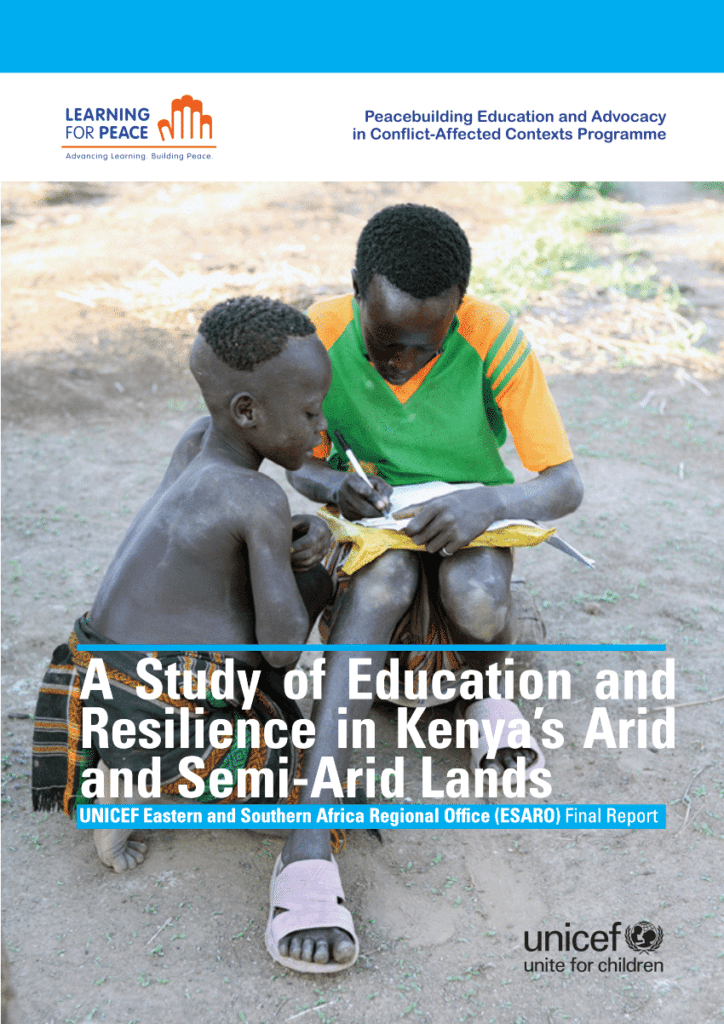
In the vast, semi-arid regions of Kenya, where the counties of Samburu, Laikipia, and Marsabit are situated, the challenges facing the youth in terms of healthcare and nutrition are deeply interconnected and often compounded by the harsh environmental conditions that define these landscapes.
For the young people living in these remote and underserved areas, access to basic medical facilities, trained healthcare professionals, and essential medications can be an elusive dream. The vast distances, poor infrastructure, and limited resources have created a healthcare landscape that often fails to meet the needs of the most vulnerable members of the community.
The consequences of this lack of access to quality healthcare are far-reaching, with the youth bearing the brunt of the burden. Preventable diseases, chronic malnutrition, and the inability to receive timely interventions have taken a heavy toll on the physical and cognitive development of these young individuals, often limiting their future prospects and perpetuating cycles of marginalization.

However, a growing number of innovative initiatives and community-driven efforts are working to address these pressing healthcare and nutrition challenges, empowering the youth in Samburu, Laikipia, and Marsabit to envision a future where their well-being is prioritized and their potential is fully realized.
One such initiative, the Marsabit County Community Health Program, has been at the forefront of this movement, deploying a network of community health workers to the most remote villages. These dedicated individuals, often drawn from the local communities, are equipped with the knowledge and resources to provide basic medical care, distribute essential medications, and educate families on crucial health and nutrition practices.
By bridging the gap between the centralized healthcare system and the dispersed pastoral communities, the Marsabit County Community Health Program has been able to significantly improve the health outcomes of young people in the region. From reducing the incidence of malaria and waterborne diseases to addressing the challenge of malnutrition, these community health workers have become the crucial link between the youth and the lifesaving services they so desperately need.
Complementing these on-the-ground efforts, several non-governmental organizations have been investing in the development of mobile health clinics and telemedicine initiatives. These innovative approaches bring specialized medical services directly to the doorsteps of the youth, using technology to connect remote communities with qualified healthcare professionals.

Through the use of solar-powered medical equipment, diagnostic tools, and video consultation platforms, these mobile clinics are able to provide a wide range of services, from routine check-ups to the treatment of chronic conditions. This accessibility has been a game-changer, empowering young people to take charge of their health and seek timely interventions without the burden of arduous travel.
But the road to addressing the healthcare and nutrition challenges in Kenya’s semi-arid regions is not without its obstacles. Deeply rooted cultural beliefs, limited education, and persistent poverty continue to pose significant barriers to improving the well-being of the youth. Tackling these systemic issues will require a multifaceted approach, one that combines targeted investments, policy reforms, and a steadfast commitment to community engagement.
Fortunately, the youth themselves are not merely passive recipients of these initiatives but are actively shaping the narrative and driving change from within their communities. Youth-led organizations, such as the Samburu Youth Development Forum, are working tirelessly to raise awareness, advocate for increased resources, and empower their peers to take charge of their own health and nutritional outcomes.
Through these youth-led initiatives, the young people of Samburu, Laikipia, and Marsabit are not only reclaiming their health and well-being but are also positioning themselves as the agents of a brighter, more equitable future. By building a stronger foundation of physical and cognitive resilience, they are unlocking the potential to become the leaders, innovators, and change-makers that their communities so desperately need.
As the Kenyan government and its development partners continue to prioritize the improvement of healthcare and nutrition services in the country’s semi-arid regions, the youth of Samburu, Laikipia, and Marsabit stand poised to reap the benefits. With a renewed commitment to inclusive, community-driven solutions, these young people are on the cusp of a transformative journey, one that holds the promise of a healthier, more prosperous future for all.




